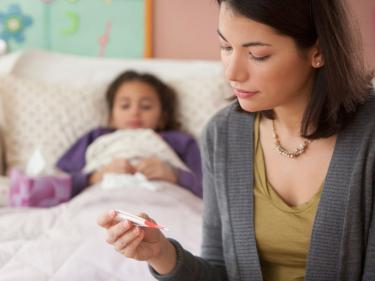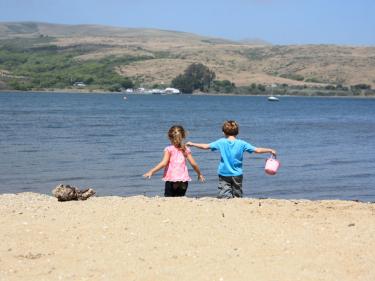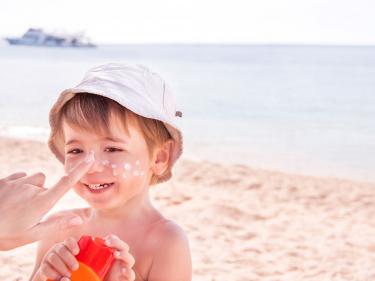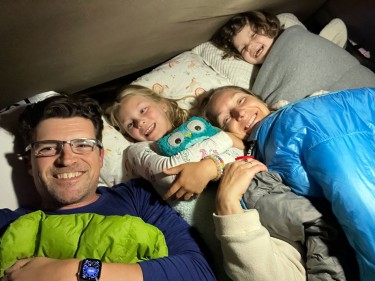Good Oral Hygiene Starts at Day One
 Guest contributor and Marin dentist Dr. Steven McConnell gives us some tips on oral hygiene for babies, young children, and parents. Good oral health begins at day one, so make sure you get your children on track for a lifetime of healthy habits.
Guest contributor and Marin dentist Dr. Steven McConnell gives us some tips on oral hygiene for babies, young children, and parents. Good oral health begins at day one, so make sure you get your children on track for a lifetime of healthy habits.
- Caring for kids starts with caring for yourself, not only because periodontal disease can be contagious, but it is always good to lead by example.
- For babies be sure to use dental friendly pacifiers and bottle nipples. The classic is the Nuk design.
- Always avoid putting babies to bed with any bottles as the pooled milk or juice can lead to severe decay.
- On babies, before teeth are present, use single gauze or thin wash cloth to gently displace bacteria-rich film that sticks to gum ridges. As they get teeth, continue to use gauze or wash cloth. Be sure to use dental-friendly pacifiers and bottle nipples. Never put them to bed with a bottle as the pooled milk or juice can lead to severe decay.
- Babies get their first teeth typically by six months, but it can be even earlier than that. It is difficult to brush a baby's teeth, so you can use a wash cloth, cotton gauze or special little finger swabs designed for cleaning the mouth. You want to remove the filmy plaque covering the teeth. As they approach toddler years you can start using a brush—you don't even need to use toothpaste, but if you do use the kid-friendly toothpaste they can swallow. As they get older they can graduate to rinsing and spitting.
- Teething is part of being a parent and every baby is different. Be cautious with "herbal" remedies—some contain very strong medications (i.e. Belladona-based), and while not disapproved by the FDA they are actually very strong nerve depressants. A safer alternative is the use of a teething ring, or recommended doses of infant Tylenol or Motrin.
- As baby becomes comfortable, usually by age one, graduate to a small-head infant-sized brush using water or infant toothpaste. Before they are three, it is safe to use training toothpaste that is not fluoridated.
- When all the teeth are in by ages two to three, use a toothbrush and children's toothpaste. When the child is able to spit and doesn’t swallow the toothpaste, use fluoride toothpaste. Don’t allow swallowing of the toothpaste.
- Parents should floss their child’s teeth until the child is able to do so themselves.
- Reinforce good health and good early health habits by bringing your child in for regular dental visits. Their first visit—the happy visit—should be about a ride in the chair, counting teeth, and just making sure the baby or toddler is comfortable, oftentimes just held in the parent's arms.
- When bathing your baby you can do your own dental exam. Parents will probably have better luck than most dentists. Simply look for any dark spots on the fronts or backsides of the teeth, if any suspicious areas show, call your dentist.
- Set a good example for your kids by taking great care of your own teeth and gums.
Dr. Steven McConnell graduated from the University of the Pacific School of Dentistry, San Francisco. He is a certified specialist in restorative and cosmetic dentistry, and since 1978, the sole practitioner/owner of the Marin Center for Restorative & Cosmetic Dentistry in Novato.
Dr. McConnell's focus on overall oral health and esthetic dentistry demands highly specialized procedures using advanced technology. He provides services in full mouth rejuvenation, dental aging, smile makeover, bite analysis and unbalanced bite correction, periodontal disease prevention, dental implants, teeth whitening, veneers, and sedation dentistry. Performing digital x-ray in lieu of film and use of Cerec natural porcelain crowns rather than traditional laboratory-made product is a reflection of a green initiative he began in 2001. For more information, visit www.mcconnelldds.com.





